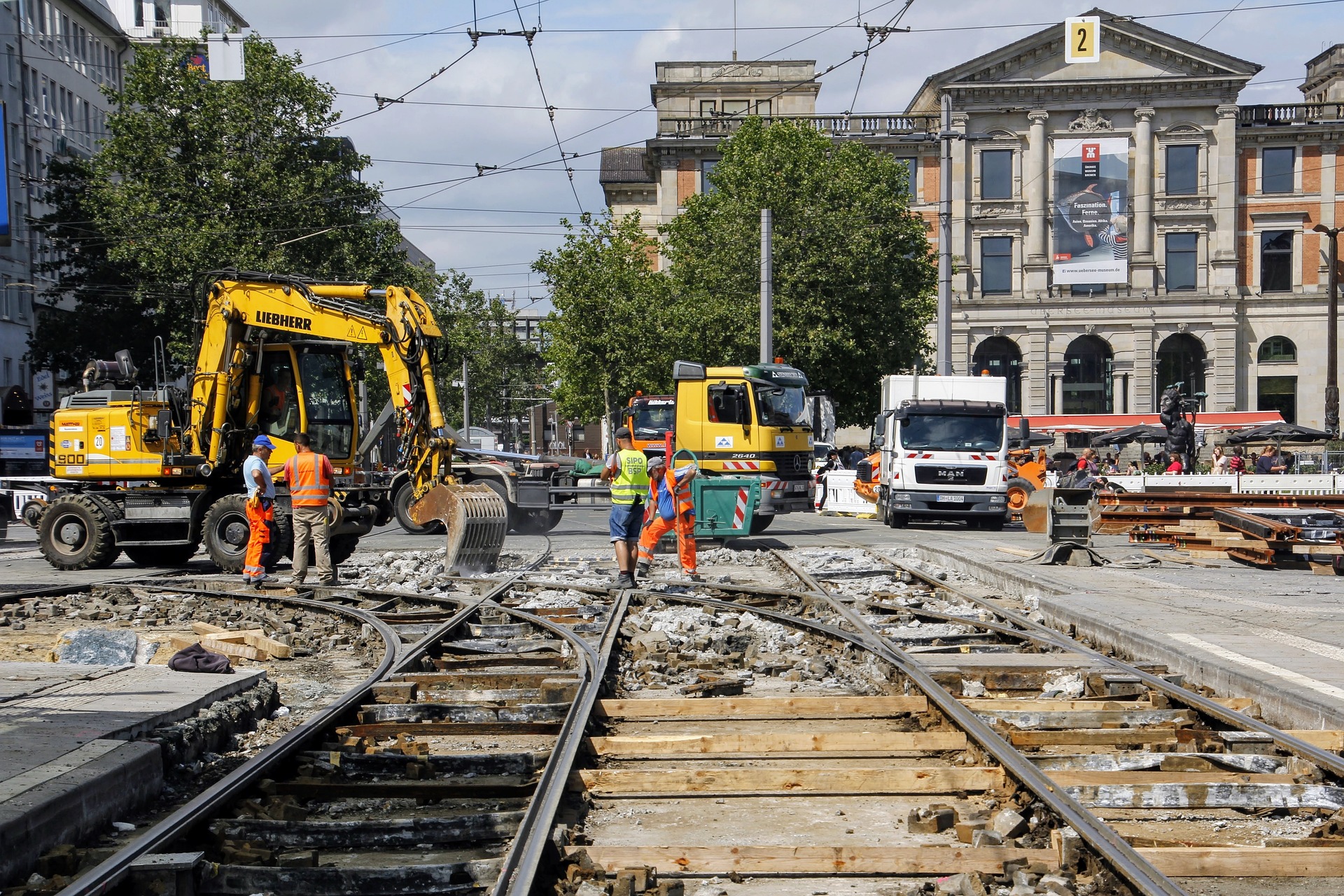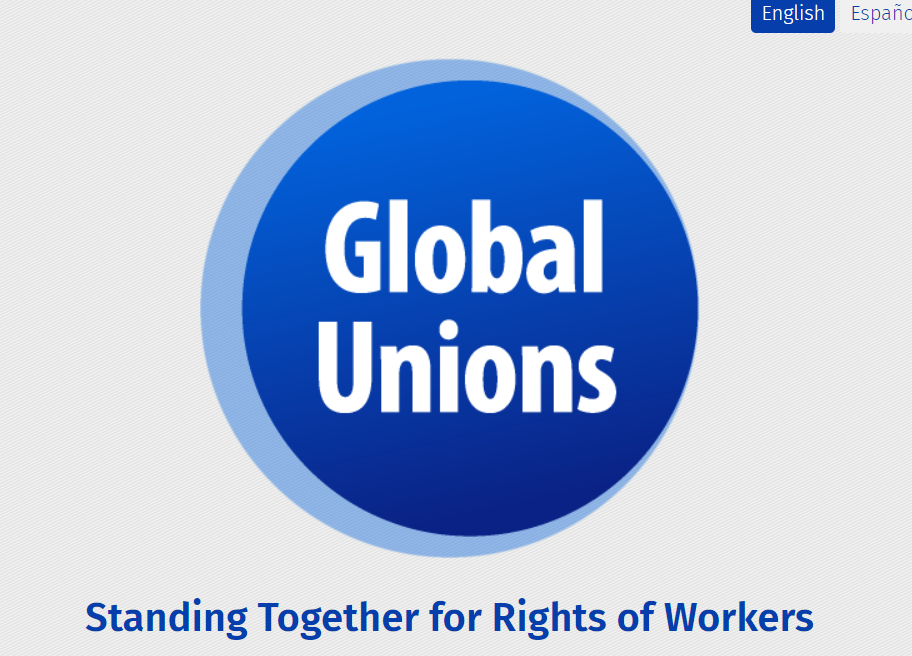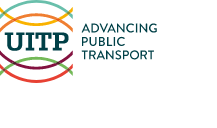Workers and Trade Unions

About
Workers build cities, operate the local public administration and deliver public services to residents. They make cities and communities happen. Workers help implement global policy frameworks on the ground and are also contributing to implementing the localization the 17 UN Sustainable Development Goals (SDGs).
By representing workers, trade unions strive to protect workers’ rights and conditions across sectors through the exercise of the fundamental human and labour rights of freedom of association and collective bargaining.
By campaigning, contributing to progressive policy and societal change and by negotiating redistributive outcomes through collective bargaining with employers and governments they fight inequalities and uphold international labour standards and norms set out by the International Labour Organisation (ILO) for all workers. This is why local public service workers as well as workers in local communities and their democratic representative unions must be enabled to participate in local governance and must have opportunities to impact policy making, also considering the importance of governance, thus contributing to fighting inequalities and advocating for inclusive socio-economic development as laid out in the New Urban Agenda.
Workers and Trade Unions have contributed to the implementation of the NUA through dialogue, social dialogue, and collaboration with other organizations, civil society groups and institutions, and by establishing strategic partnerships.
Four Challenges to the implementation of the NUA for Trade Unions and Workers
Local public service workers operate and bring cities to life every day, providing the essential public services we need at all times, and relentlessly serving urban and local communities. To do so, they deserve adequate resources, staffing levels and the appropriate equipment to deliver quality services and perform their jobs safely. In reality workers’ rights and conditions worldwide leave much to be desired. When austerity measures, privatisation, tax evasion and corruption hit local government, public workers are among first to bear the brunt. Precarious employment, poverty wages, informalization, trade union rights’ violations, lack of training and poor safety equipment are challenges in local public services and building sites. Many workers have to carry out their professional duties under difficult conditions going well beyond their basic job requirements out of commitment and dedication to their cities and communities.
Since the onset of the Habitat III process, workers and trade unions have expressed clearly in their Position on the New Urban Agenda that to make cities fair, and for urbanization to result in lasting socio-economic inclusion that reduces poverty and inequality, workers must be placed at the heart of the Agenda, and commitments and urban policies must find root in the Decent Work framework of the International Labour Organization (ILO) and SDG Goal 8. If city workers’ livelihoods are precarious, unsustainable and they are deprived of basic human rights, the cities they operate in and bring to life every day will be unsustainable and unfair, too.
Lack of access to Decent Work for workers inevitably translates into deeper and wider territorial inequalities and jeopardizes equitable access to quality public services for all. Freedom of association, collective bargaining and other fundamental labour and trade union rights are not only human rights’ entitlement of local and regional government workers, but also a necessary precondition to enable them to perform their job properly and to deliver the quality urban public services cities need. It is crucial to raise awareness within urban communities, mayors, local and central government officials and elected representatives, as well as within the UN system beyond ILO.
Municipalities with small funds, inadequate reserves, and strict budgetary rules, whose deficit and borrowing running powers are limited, have especially been at a disadvantage through decentralization processes. The Covid emergency has exacerbated the problem of cash strapped municipalities. Although most central governments have taken action providing intergovernmental transfers and grants to a certain degree, if left unaddressed in the mid- and long term, this local and regional government (LRG) revenue crisis may undermine urban development goals, jeopardise vital social and physical infrastructure investment, and cause local public service cuts and job losses at a time when they are most needed, exacerbating social and territorial inequalities and compromising recovery and decarbonisation.
Although the human and economic cost of public services underfunding is under everyone’s eyes, post-Covid austerity measures and LRG funding gaps may worsen, while corporate actors eye vital public services for new lucrative grabs. In 2021, LRGs worldwide are expected to have lost on average between 15-25% in revenues. In Africa, their revenue losses could be as high as 60 per cent.
Public transport is also facing a global funding crisis. Falling ridership due to Covid has exacerbated already huge financing gaps: urgent public investment in public transport and its workers is a necessity to enable residents in cities and rural communities to go to work and reach public services, while fast-forwarding the de-carbonisation we urgently need.
Prejudices are common when it comes to the alleged “privileges” and conditions enjoyed by government and public service workers in terms of excessive pay, light workload, short working hours and job security. The evidence drawn from around the world shows a different picture. Among the workers who deliver local public services daily, many suffer precarious working conditions, which include some or a combination of the following features:
- economic insecurity due to low or unreliable income, insufficient to support a household
- poor protection of employment from termination, job tenure instability or unpredictability
- limited or no social protection associated with formal full-time employment (paid leave, pension dues, sick leave entitlements, etc.)
- irregular or unpredictable working time
- employment contract-based discrimination
- lack of voice and influence over their working conditions, also associated with the lack of access to representation through a trade union (freedom of association) and collective bargaining.
Because of their vulnerability at work, precarious LRG workers are more prone to endure violence at work, lack professional training and job-related equipment, suffer from discrimination, work longer hours and have fewer career development opportunities. The refusal of many countries to ratify and abide by the fundamental ILO conventions on freedom of association and collective bargaining in the public sector and the lack of professionalization of the category in many jurisdictions leaves LRG workers especially vulnerable and at the mercy of mayors and elected politicians, who often lack training and practice in industrial relations and hardly see themselves as employers. Women workers in LRG services often carry the brunt of precariousness, not only due to gender bias and discrimination they endure in any industry, but also because women overwhelmingly make up the bulk of the sector.






